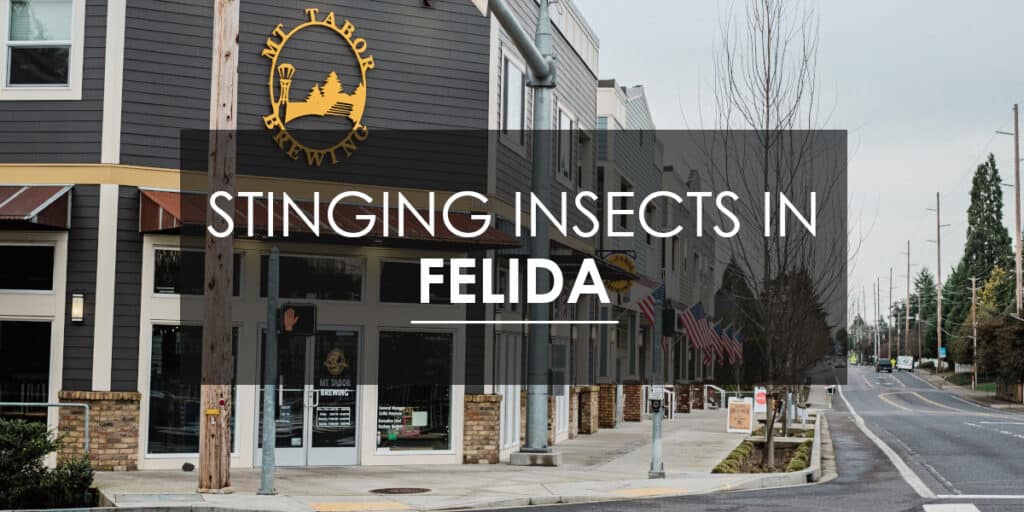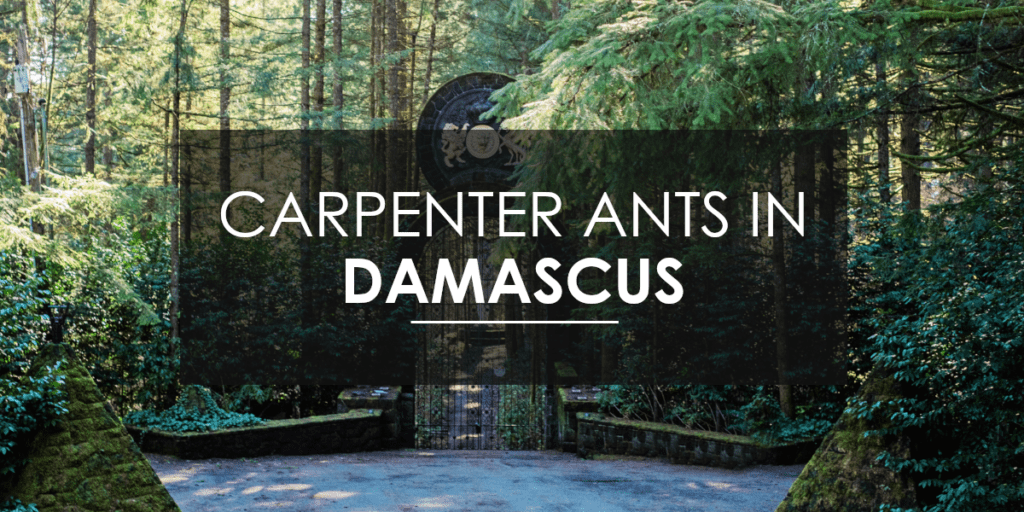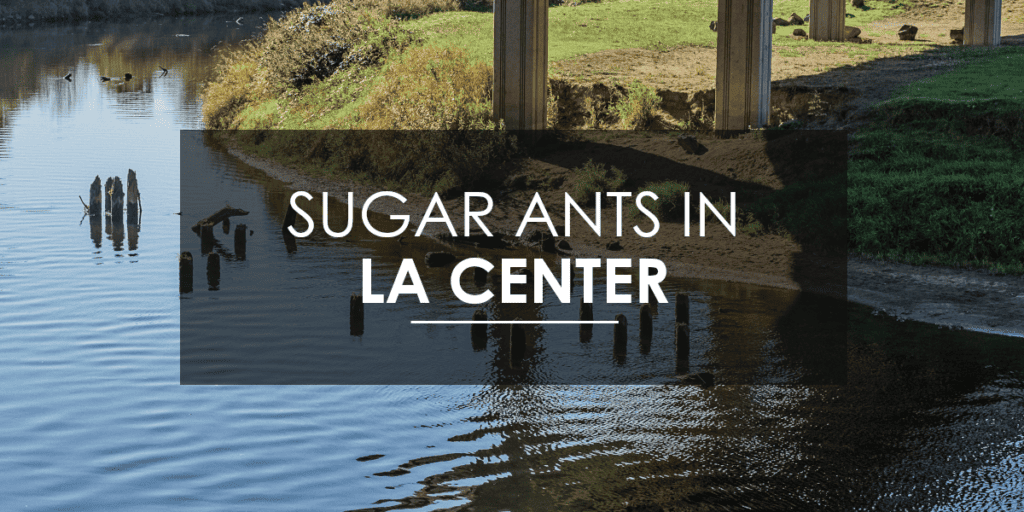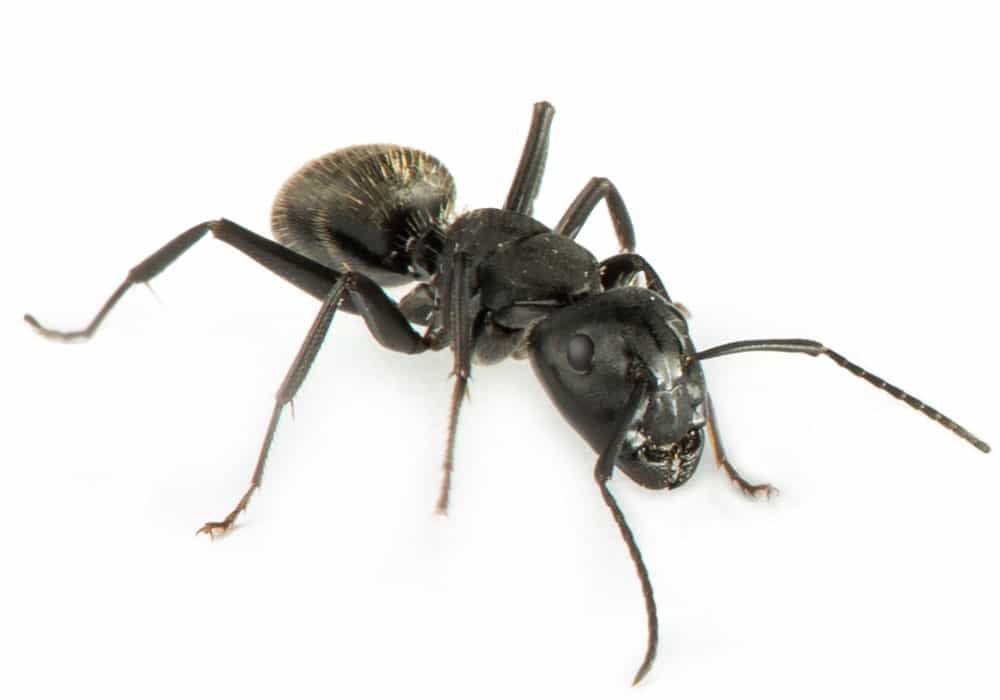Do Americans fear spiders?
Do spiders get a bad rap? Well, the spiders might think so! But here’s the reality: People do not like spiders at all. Reasonable or not, they’re one of the world’s most maligned creatures. Why? Well, part of the reason is the lore that exists around them. Throughout the history of folklore, books, TV, and film, spiders have been cast as harmful and villainous. They’re creepy. They’re crawly. And some of them are downright deadly! It’s no wonder that folks are afraid of them.
The fear of spiders is called arachnophobia, roughly translating to “fear of arachnids.” An arachnid, in case you didn’t already know, refers to the class of animal spiders belong to. They are not insects. In fact, they’re more closely related to scorpions, ticks, and mites than they are insects like ants, mosquitoes, beetles, and the like. And people in the United States really do fear spiders. It is reported that as many as 95 million American adults (about one-quarter of men and one-third of women) express a fear of spiders. That’s nearly 30% of our total population!
How do I get rid of spiders?
Spiders are unusual creatures for a variety of reasons, most namely in how they can best be exterminated. With many pests, like wasps and ants, we can effectively exterminate them by using different types of bait and products that they will take back to their nests, it will be spread throughout the colony, consumed, and then they will die. We can then make additional recommendations for preventing future infestations as well as apply seasonal treatments in order to keep your home and life pest-free. Spiders, of course, are different.
Why are spiders different? Well, in large part it is because of the way they don’t consume bait like an insect would. Insects will make contact with the bait and products while periodically licking their legs, consuming the poison while moving it throughout the colony for others to also ingest. Spiders don’t lick their legs, therefore it’s far tougher for them to ingest poisonous products.
Spiders can be exterminated more effectively by actually focusing on using treatments to kill off the other insects on your property. Spiders are present in or around your home because it’s rich with food (the other insects) as well as places that are safe for building webs and laying eggs. By killing off these other insects, we are drastically reducing the desirability of your home and we’re getting rid of a whole lot of other nuisance pests in the process.
What is another way that we tell spiders to get lost? By consistently and repeatedly removing their webs. Webs are very important to a spider’s existence. This is, after all, where they trap the large majority of their food. Because of this, they spend a great deal of time spinning and perfecting their webs.
We use specialized equipment that can remove webs from most hard to reach areas, and our experienced spider exterminators can find webs that others often miss. Most folks just do not like spiders, and we’re here to not only help you get rid of them, but to help you understand how you can keep yourself safe if you and your loved ones in Washougal are facing a spider infestation. Aspen Pest Control is here to help you take your life back from those eight-legged terrors!
Are spiders physically harmful to people?
Across the world, there are about 35,000 spiders that have been observed and catalogued. Of those 35,000, approximately 3,000 spiders reside in the US and about 500 of those can be found to be native in the Pacific Northwest. According to the Washington State Department of Health, only two of those 500 spiders are considered deadly to humans: 1) the yellow sac spider, and 2) the black widow.
The good news, for those that live in the Washougal area, is that neither of these spiders are typically found around here. The climate is too warm and too wet, as they prefer the dry, arid climate of the eastern Pacific Northwest vs. our sometimes almost rainforest-like weather patterns. Of course, there can be exceptions, but know that it’s unusual for either the black widow or yellow sac to be seen in our area. However, we think it’s incredibly helpful for all of our readers to understand that all spiders are venomous. That’s right, all spiders are venomous.
The difference lies in how venomous the spiders actually are. Most are not deadly to humans. But what about those who have allergic reactions to spider bites? As we do with anyone experiencing an allergic reaction to a spider or insect bite, you are highly, highly encouraged to seek out medical attention as soon as possible in order to alleviate the symptoms you might be experiencing. The most common symptoms from a spider bite can include sweating, fever, swelling, irritation, irritability, nausea, and even shortness of breath. If you are able to, try to catch the spider and place it in a container, dead or alive, so you can bring it with you. If the doctors can identify it, it might make their ability to treat your bite that much more effective.
How to avoid spider bites
Don’t squish spiders — brush them off!
Yes, spider bites can be uncommon, but they’re certainly not unheard of. The type of spiders you’ll most likely come in contact with aren’t likely to attack you, but they will bite if they feel threatened. When people see a spider on their person, they usually react by trying to squish or crush the spider, but unfortunately, this action is exactly what will cause them to bite you. They feel that they’re being harmed, so they react by biting.
If you’re one of the 95 million people who fear spiders, we completely understand your wanting to get them off of you as quickly as possible, but we encourage you to remain calm, take a deep breath, and carefully brush the spiders away from your body. This motion will push them away and decrease the likelihood of your being bitten.
Store coveralls and work clothes like boots and gloves in your garage, shed, barn, or other outbuildings? Give them a good shake before putting them on. You never know when an enterprising spider might be using these items for laying eggs, and if you don’t take a good look beforehand, you might be increasing your chances of getting bitten.
Bringing new plants into the house? Take a closer look before you do!
People love to fill their homes with living plants, and spiders can commonly be found living in them! The same goes for things that are often outside that people bring inside the home, like firewood or Christmas trees. Take a close look at any of these or similar items before bringing them inside. We’ve helped more than one household rid themselves of spiders — often a hatched spider egg sac containing HUNDREDS of spiders — because they didn’t know to look ahead of time.
Stay on top of your clutter.
Decluttering isn’t just for spring cleaning. It’s also great for de-pesting your house! You see, spiders love areas that feel safe for laying eggs. Areas like attics, garages, cellars, and sheds are spaces that are often not frequented by people in the same way main living areas are, and they’re also usually full of stuff, which is a great way for spiders to stay hidden as well as for them to have a safe place to lay their eggs.
The same is true for outdoor areas that feature things like storage or woodpiles. Left cluttered and unused, spiders will be happy to set up shop. Keeping wood too close to the house or other outbuildings, and you’ve created an environment that spiders love to lay eggs. Same goes for grasses and plants that are left unkempt and overgrown. Frequent tidying of these areas will show spiders that these are not habitable environments for them or their eggs, and the bonus is you’ll have an overall tidier home and property!
Decrease available entry points.
Spiders like those commonly found in Washougal aren’t usually very big. While sometimes small, spiders are resilient and intelligent creatures. If they detect sources of food, shelter, or areas inviting for web spinning or laying eggs inside your home, they’ll do their best to find their way in. Do you have brickwork that is cracked? A chimney in need of maintenance? Door or window seals damaged? If so, these are areas where spiders and other pests can make their way into the home. We recommend taking a close look from season to season to make sure that these areas are secure, which will help your long-term preventative efforts in keeping spiders and other nuisance pests from gaining access to your home.
You deserve the best in spider extermination service. Aspen Pest Control is here so you can have it. Contact an exterminator near you today for your FREE QUOTE.







